Are you looking for titles to add to your reading list for the summer? Look no further! We have compiled a list of books that will broaden your horizons by exposing you to different ideas and worldviews.
Whether or not this is your first time exploring the realm of philosophy, political theory, or social contract thinking, there is something on this list for you! Are you ready?
Nichomachean Ethics (Aristotle)
Written around 350 B.C., Ethics discusses what Aristotle calls “the good life.” Aristotle outlines a scientific way to approach cultivating such a life through friendship, pleasure, honor, and wealth.
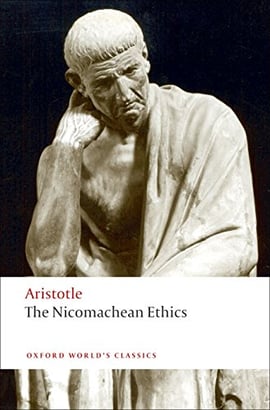
City of God (Augustine)
City of God, written in 426 A.D., was the first major work of Christian philosophy. The work touches on various topics, such as civil and natural theology and a philosophy of history. You may be familiar with Augustine’s other major work, Confessions.
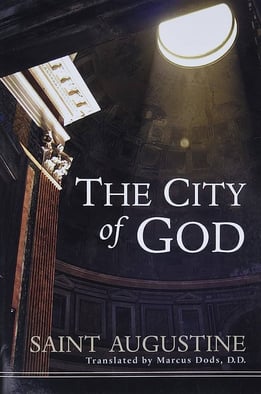
On Law, Morality, and Politics and "Treatise on Law" from Summa Theologica (Thomas Aquinas)
Thomas Aquinas’ On Law walks its readers through a series of questions on conscience, law, justice, property, war and killing, among others. Aquinas breaks down each topic into its most basic elements to provide a better understanding. It is in this work that Aquinas develops his doctrine of natural law.
“Treatise on Law” explores the various facets of law, creating a work of legal philosophy. In this work, Aquinas divides law into Eternal Law (laws of the universe), Divine Law (revealed knowledge, i.e. Scripture), Natural Law (the human conscience), and Human Law (laws instituted by humans for the good of civil society).
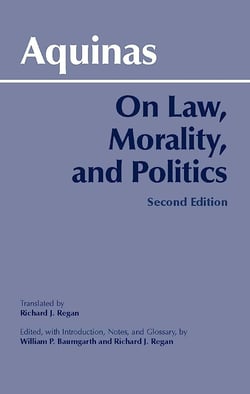
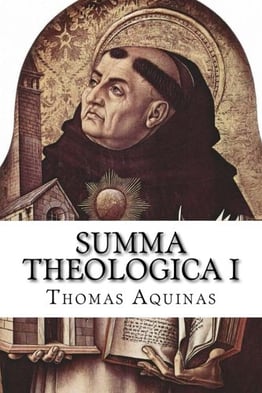
Looking for recommendations specific to your major? Click here!
Discourse on Inequality and the Social Contract (Jean-Jacques Rousseau)
Also known as The Second Discourse, Discourse on Inequality follows Rousseau as he traces man back to his natural state (“state of nature”). Throughout his argument, Rousseau points back to the effects of modern society on man. Rousseau claims that civil society forces men to operate in a system of needs, rather than in the state of nature.
The Social Contract explores the purpose of civil society and the consequences it wrought. Rousseau claims that mankind came together to provide peace for everyone and the right to own property. According to Rousseau, however, this did more harm than good. Thus, he proposes that civil society ought to be created through a social contract – wherein the people would willingly give up their independence for political freedom, a society where the “general will” aimed to act according for the “common good” of all.
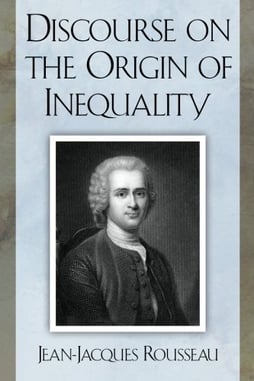
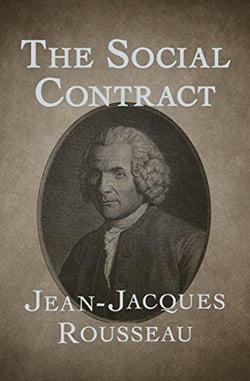
The Abolition of Man and That Hideous Strength (C.S. Lewis)
C.S. Lewis first presented The Abolition of Man as a series of lectures on the lamentable state of education. The three lectures entitled “Men Without Chests,” “The Way,” and “The Abolition of Man” describe how children are trained to use their feelings (passions) to override their reason. Lewis claims that the education system was creating unbalanced souls, harkening back to Plato’s illustration of the tripartite soul. Plato said that the human soul consisted of three parts – rational (head), spirited (chest), and appetitive (desires or passions). Lewis writes that the spirited part, or the conscience, is deadened, effectively creating “men without chests.”
Lewis took these ideas and applied them to the third book in his Space Trilogy, called That Hideous Strength. Throughout the story, Lewis reveals all the characters as either “the conditioners” or “the conditioned,” “scientific” or “natural,” and so on. We recommend reading The Abolition of Man before picking up That Hideous Strength.
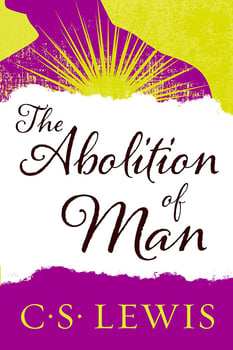
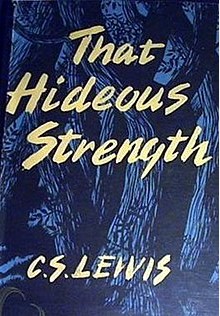
Dr. Michael Ward spoke about the Abolition of Man during PHC’s Spring 2022 Faith and Reason Lecture.
Waiting for Godot (Samuel Beckett)
This play is a comical expression of man’s eternal search for meaning in life. The two main characters, Vladimir and Estragon, are waiting for Godot (pronounced ‘gah-doh’), who never shows. They continually pose questions regarding life, but get distracted and never answer them. The point of the play remains undefined, leaving room for the readers to interpret for themselves. Famously, when asked what the play was about, Beckett quipped, “It’s about a boot.”
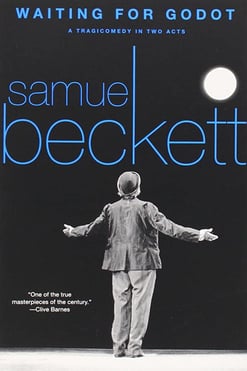
Orthodoxy (G.K. Chesterton)
In Orthodoxy, Chesterton describes his intellectual journey to the Christian faith. Throughout the work, Chesterton explores religious, philosophical, social, and political ideas while building and intellectual response to critics of Christianity.
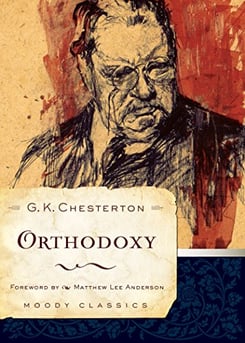
How Now Shall We Live? (Charles Colson and Nancy Pearcey)
This book helps Christians understand how to navigate the ever-changing culture and worldview of the modern world. Readers will find ways to restore and redeem aspects of everyday life, from family and politics to art and music.
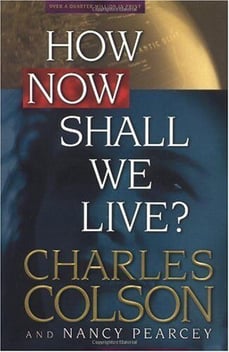
Christian Realism and Political Problems and Children of Light and Children of Darkness (Reinhold Niebuhr)
In Christian Realism and Political Problems, Reinhold Niebuhr outlines a political theology from Christians, namely “Christian Realism.” The author makes his argument based on the sinfulness of man and the challenge of living in a world which will never be perfect.
Children of Light and Children of Darkness answers the question of how to defend democracy as a political system, characterizing the two sides of the issues as naïve (“children of light”) or cynical and corrupt (“children of darkness”). Niebuhr argues that both camps could learn lessons from each other.
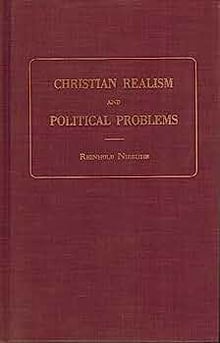
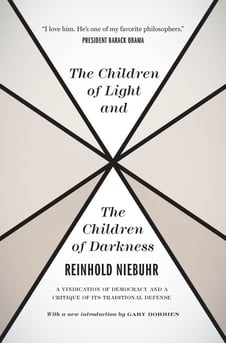
Are you an incoming student and want to get a head-start on the core reading? Here are two articles to get you started!
Read Like a PHC Student, Part 1
Read Like and PHC Student, Part 2
----------
Learn how PHC stands apart from other Christian liberal arts programs.
Patrick Henry College exists to glorify God by challenging the status quo in higher education, lifting high both faith and reason within a rigorous academic environment; thereby preserving for posterity the ideals behind the "noble experiment in ordered liberty" that is the foundation of America.






